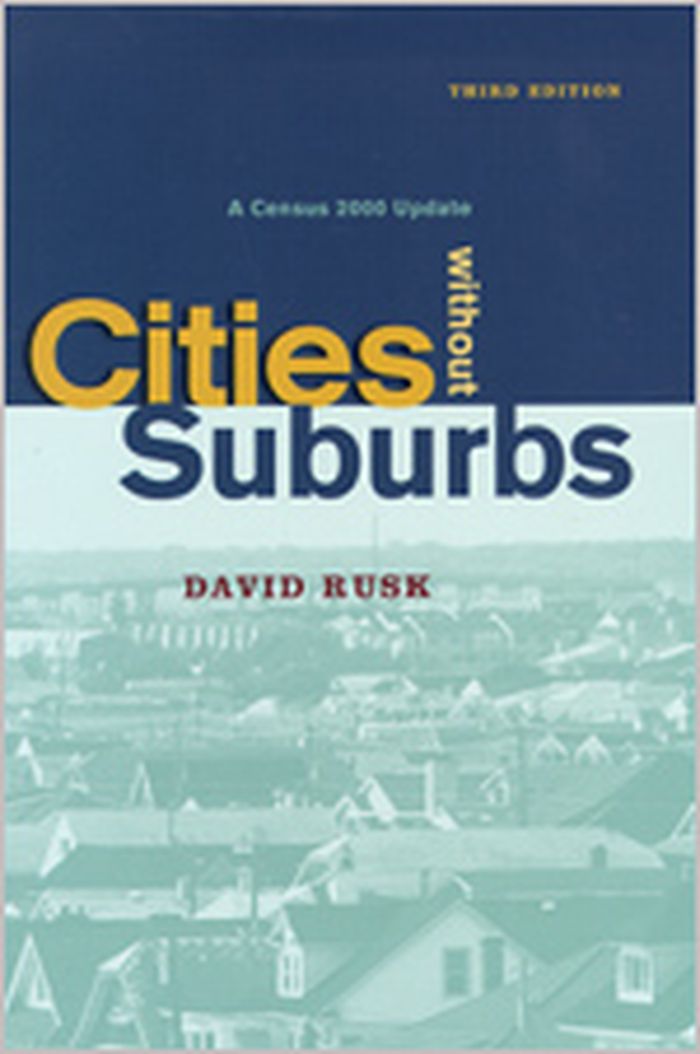$25.95
(disponible en magasin)
Résumé:
David Rusk argues that America must end the isolation of the central city from its suburbs in order to attack its urban problems. Rusk's analysis, extending back to 1950, covers 522 central cities in 320 metro areas of the United States. He finds that cities trapped within old boundaries have suffered severe racial segregation and the emergence of an urban(...)
Cities without suburbs : a census 2000 update, 3rd edition
Actions:
Prix:
$25.95
(disponible en magasin)
Résumé:
David Rusk argues that America must end the isolation of the central city from its suburbs in order to attack its urban problems. Rusk's analysis, extending back to 1950, covers 522 central cities in 320 metro areas of the United States. He finds that cities trapped within old boundaries have suffered severe racial segregation and the emergence of an urban underclass. But cities with annexation powers-- termed 'elastic' by Rusk-- have shared in areawide development. Rusk assesses the major trends of the 1990s, including the preceived rebound of central cities, the impact of Hispanic and Asian migration, and the emerging influence of faith-based movements. New recommendations take account of growing restrictions on cities' annexation powers, even in the south-western United States, and of new opportunities for federal shaping of home mortgage programs and urban planning processes. Rusk's conclusion stresses cities' growing experience with building political coalitions in pursuit of development and growth.
Banlieues
